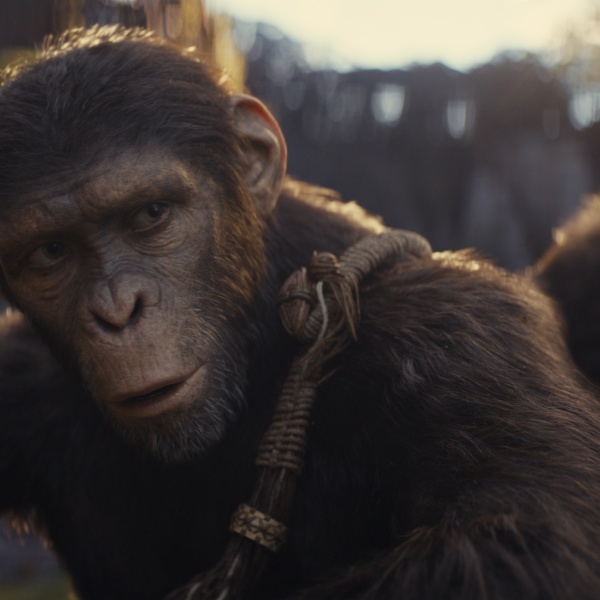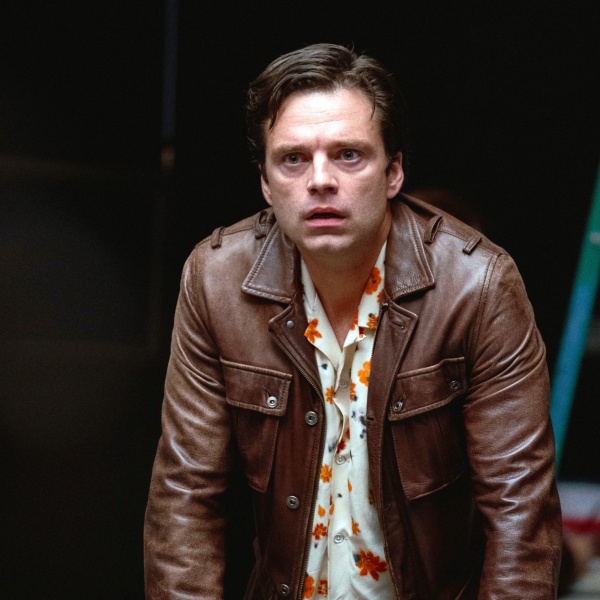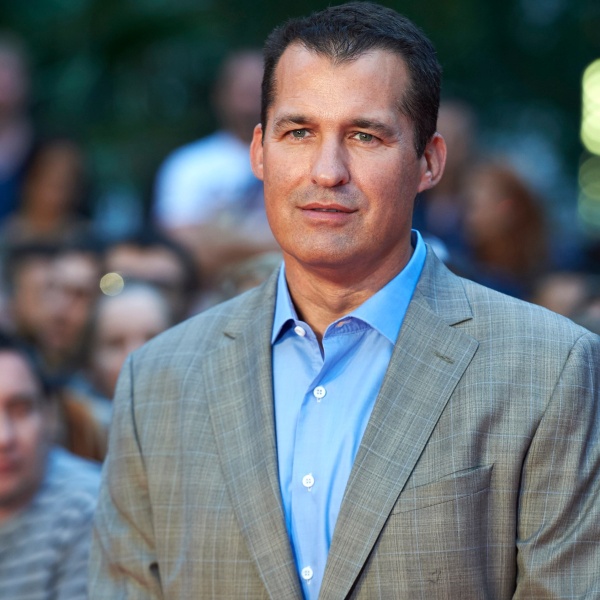
If bittersweet justice wasn’t swift for the West Memphis Three, who were finally freed on Friday after spending eighteen years behind bars for a crime they didn’t commit, then Hollywood certainly is, as the same afternoon it was announced that Canadian filmmaker Atom Egoyan was moving right along with a feature film about the case entitled “The Devil’s Knot.” In case you somehow missed anything about this case, the West Memphis Three were three teenagers who were convicted of the murder and sexual mutilation of three 8-year-old boys in 1993. As the teenagers were fans of heavy metal music (and especially Metallica), the prosecution in the case suggested the motive behind the slayings was part of a Satanic ritual. Even with incredibly questionable police work—which many felt to be outrageous—sensationalized media, fear and panic from the satanism angle in the trial led to the teens’ conviction and sentence of life imprisonment (with one being sentenced to Death Row). With the help of the “Paradise Lost” documentaries by filmmakers Joe Berlinger and Bruce Sinofsky, their story became a cause célèbre, with support pouring in from around the world as it became very clear they did not commit the crime. But for those expecting that Egoyan’s dramatization will track the full course of the story over the past two decades or so, they may be in for a surprise.
In an interview with The Hollywood Reporter, Egoyan revealed that “The Devil’s Knot” will not use the West Memphis Three as central focus of the story, rather, it will be the murders and their impact on a broad array of people in the community that will serve as the foundation for the movie. “The script is focusing on the events around the time of the first trial. Our concentration is on this process of a rush to justice, this idea of trying to make sense of something that is just so abhorrent, the most extreme, evil crime imaginable. I think about what the community must have gone through when its children were found murdered this way, and then to find three of its other sons guilty of the crime, it’s a cataclysmic event for this community. The script examines some of the members of the community who were affected by this,” Egoyan explained.
“[It won’t focus on] the boys, but others in community. I think what we’re trying to do is create something of an ensemble drama here, looking at all these characters and looking at how the events ripple through the lives of a number of different characters,” he added.
Indeed, as the WM3 were in prison, legally they could not sell the life rights to their stories. And while Egoyan does hope to speak to them, the way the script stands right now — which is based on the book “Devil’s Knot: The True Story of the West Memphis Three” and has been in development since 2006 — he doesn’t foresee anything in the way of major changes. “…the rights have been secured for all the other people in that community. Not to mention the book itself and the transcripts to the trial as well. We’re really looking at the questions that are set up in terms of the drama of the piece and the characters that we’re following. The script is in really good shape as it is,” he said. “There are certain things that we are now really refining. We now have to look at the new circumstances, but it’s really not going to change anything, except maybe the titles that roll at the end. In the script that we have, nothing had been resolved and questions were still up in the air. Now we have answers to one part of the story. But there’s a whole other element that’s still open: Who did this, who’s capable of this horrifying crime?”
If you think it bears some similarities with another film in Egoyan’s catalog, you’re not alone. “This story is not dissimilar to ‘The Sweet Hereafter,’ [which looked at how a fatal bus crash affected a small town]. There’s this terrible tragedy, and people looking to make sense of it. How could this happen? ‘The Sweet Hereafter’ had a clear perpetrator that actually concentrated the energy in a very different way. What’s haunting about this story is that the perpetrator is still free. Does the case now get reopened?” Egoyan said, adding, “We can’t do everything with this film, but I think we can touch on that as well, to understand when a situation is as extreme as this, and when there’s such a need for closure, how compromised our search for justice can be. I am trying to feel a sense of compassion for why characters behave that way – while also considering the consequences.”
It’s an interesting sideways approach to the infamous case that not only allows the “Paradise Lost” films to continue to stand as the definitive account of the West Memphis Three, but gives Egoyan a chance to offer a unique perspective on the case, one that allows the moral and emotional complexity of the case to explored. Egoyan is currently putting the finishing touches on the script which he expects to send out to potential actors in the fall, with a spring 2012 shoot in the works.







